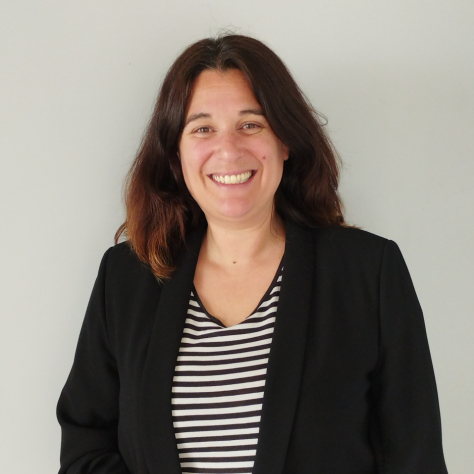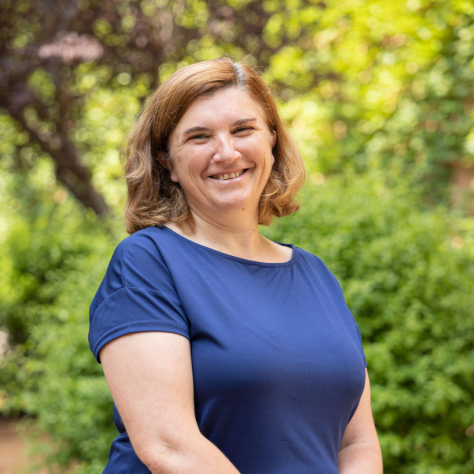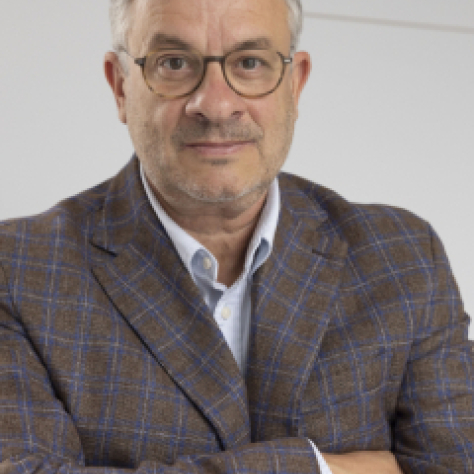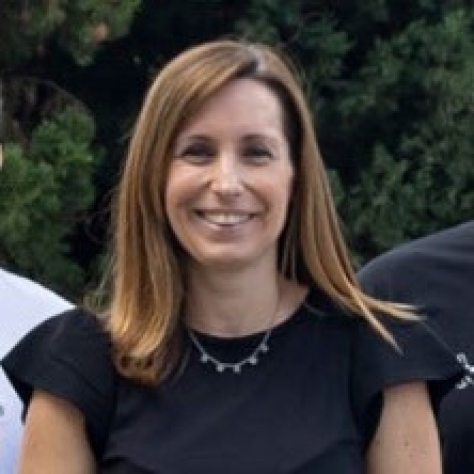MISSION AND VISION OF INAM
Vision
Achieving a world class research center on the understanding and creation of materials, bringing scientific insight and producing advanced applications for a better future.
Mission
We work on physical chemical understanding of advanced materials properties and operation, from molecules and interfaces to bulk compounds, connecting matter and light, to create new knowledge that bridges the gap between materials and devices.
We pave the role for new functional materials that generate applications in clean energy supply and storage, lighting, and the creation of chemicals of high added value.
Aims and Scope
The Research Institute of Advanced Materials at the University Jaume I (Institute of Advanced Materials, INAM) is a center of research in interdisciplinary science and technology in the fields of physics, chemistry, and related fields, applied to advanced materials, with vocation towards the progress of the socioeconomic environment and scientific excellence with international influence and impact. INAM is oriented towards excellent science on fundamentals and theory, being focused on applications. In order to achieve substantial innovations, INAM will strengthen fundamental research for understanding and unravelling basic processes, as well as the physical and chemical interactions of molecules and materials. The results of applied nature will be transferred to the productive system to contribute to an economy based on creativity and improvement of living conditions. Therefore INAM will promote substantial advances in the frontiers of knowledge and likewise support new production lines.
STRATEGIC RESEARCH PROGRAMME 2020-2023
Itis well established that the effects of climatic change will transform the conditions in our country and have a great impact on the life conditions in the coming decades. The scientific, technical and social research must define objectives based in the scientific information and in the forecast of the transformations, to establish the necessary adaptations. The field of advanced materials can have a profound impact in the way in which we produce and use the energy, and in the conditions of living. One important approach is to use chemical approaches for the production and storage of energy, combined with the light-matter interaction involved in solar energy conversion, with also efficient and cheap light production. Combining biological matter with organic and inorganic materials can provide a range of fundamental knowledge and significant applications that cannot be achieved otherwise.
The plan for the institute combines three major lines divided in several specific lines:
General Reports
Management of the INAM
International Advisory Board




